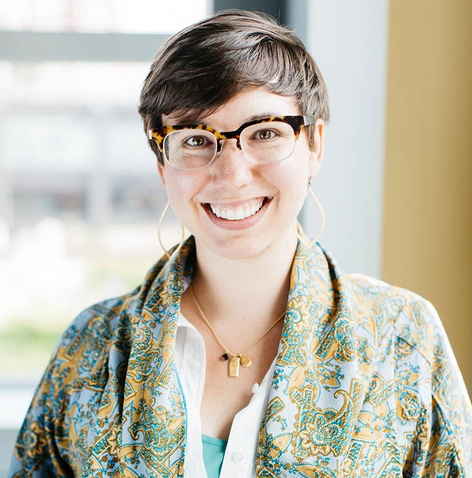“But what about you?” Jesus asks his followers. “Who do you say that I am?”
Jesus has just completed another miracle—healing a blind man or feeding a crowd of five thousand, depending on which gospel you’re reading. He first asks the disciples what the crowds are saying and gets a range of answers. Some say he’s John the Baptist, others say Elijah, and still others say he’s one of the prophets, perhaps come back to life.
Then he asks them: “But what about you? Who do you say that I am?” He knows he’ll get a different answer from the ones who know him, have journeyed with him, eaten with him, been served by him. These select few know him personally and intimately. They know his identity.
Organizations have identities as much as individuals. At the church I attend, St. Luke’s Episcopal in Ballard, many of our newcomers find us through a Google search. Their first introduction to our identity is reading reviews—Who do the people say I am? The first review that shows up is one-star: “This church loves feeding the homeless. Fine. Good for you. But then the homeless start camping out […] Thanks for making problems to shove on the rest of the neighborhood.”
Ironically, the reviewer’s complaint becomes a draw for newcomers. In one of the most economically disparate neighborhoods in Seattle, which itself is one of the most economically disparate cities in the nation, this is a church that puts the needs of the unhoused, housing insecure, and food insecure ahead of the comfort of the wealthy. And a church that also invites the wealthy to come and participate and get to know their neighbors. Our identity as a congregation is tied to serving and welcoming—all our neighbors, even across socioeconomic class. For some people, that’s exactly the kind of invitation they’ve been hoping for, and our numbers slowly grow.
When Peter answers Jesus, Jesus has already matured into his identity. Perhaps this is the miracle of being “fully human”—that Jesus has a fully formed, complete identity. Peter has seen that identity through the actions and words of Jesus, and is able to answer: “You are the messiah.”
For the rest of us, identity is in-process. A core personality is formed, a direction begun, but we are always being formed—by our activities, our relationships, our context. We are always becoming.
Christ & Cascadia, too, is in the process of becoming. In its founding years, the journal and its annual conference focused on how faith manifests in the region through a wide variety sectors and fields, from technology and commerce to environment and worship. Under the current editorship in the Center for Transforming Engagement, we have focused on innovative faith practice and the exchange of ideas among Christians in Cascadia.
But more importantly than who we’ve been is who we might become. What topics are most relevant to you? What conversations would be most interesting and useful to you? Would you attend a conference, and if so, what would you like to discuss?
We invite you to help us discern who we need to become to better serve you in your Cascadian context. Tell us your thoughts in this 4-question survey. We’re eager to listen.
Photo credit: Alex Robert


